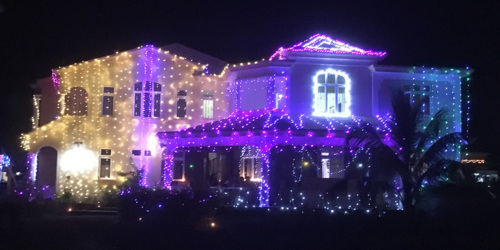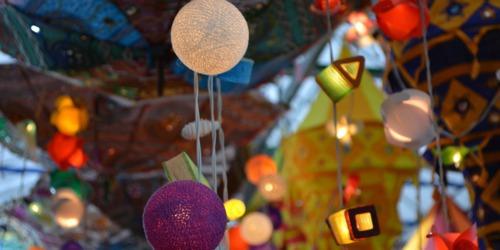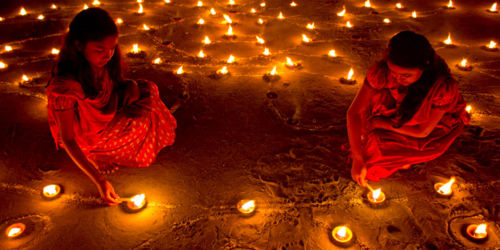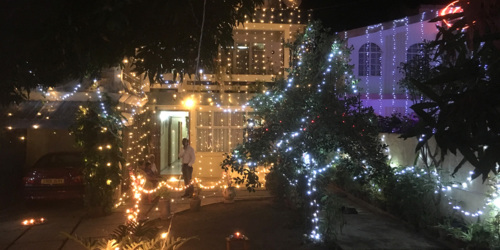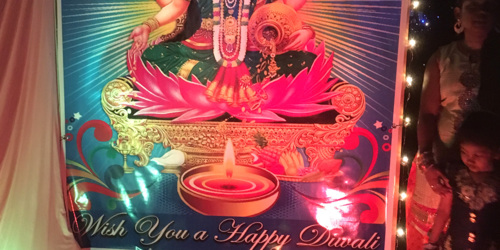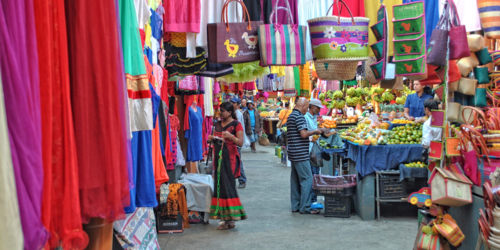Diwali is celebrated to welcome a new start and dispel negativity, this festival embodies the annihilation of Narakasura by Lord Rama, who personify good and evil.
Diwali's date is determined by the India calendar and changes every year, ranging from October to November. It is observed on the 15th day of the 8th month (the month of Kartik) in India's calendar. The day is an Amavasya or 'new moon day'. Amavasya Tithi (the period when the moon opposes the sun's light by up to 12°). The festival will begin on October 18 and last for 5 to 6 days (with a one-day break on October 19, 2025). Each day has a special significance.
Indian culture is deemed to convey a certain joie de vivre and unfailing optimism. Diwali is no exception to this rule. On the day of Diwali, people should get up early in the morning and pay tribute to their ancestors and worship family gods. Being Amavasya day, people also perform Shradh for their ancestors.
Traditionally, most Puja are performed after keeping a day long fast. Hence, the devotees of Goddess Lakshmi observe a day long fast on the day of Lakshmi Puja. The fast is broken after Lakshmi Puja in the evening.
Indian culture is deemed to convey a certain joie de vivre and unfailing optimism. Diwali is no exception to this rule. On the day of Diwali, people should get up early in the morning and pay tribute to their ancestors and worship family gods. Being Amavasya day, people also perform Shradh for their ancestors.
Traditionally, most Puja are performed after keeping a day long fast. Hence, the devotees of Goddess Lakshmi observe a day long fast on the day of Lakshmi Puja. The fast is broken after Lakshmi Puja in the evening.


